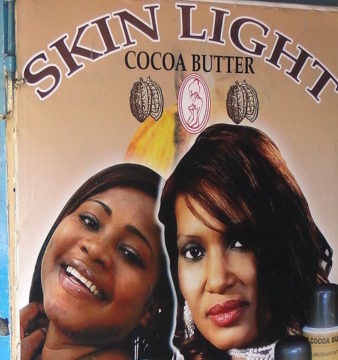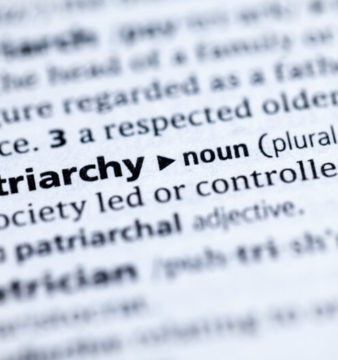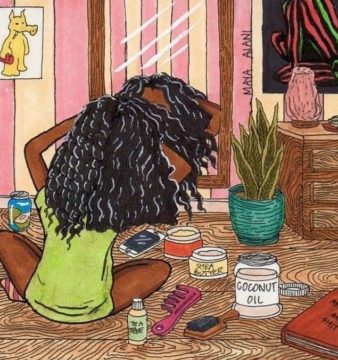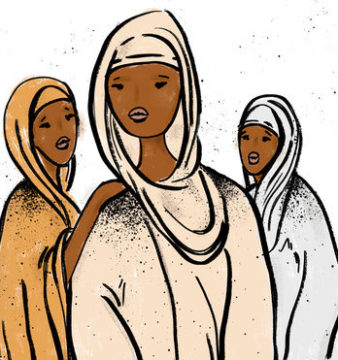Sudan: A Country in Need of A National Ideology
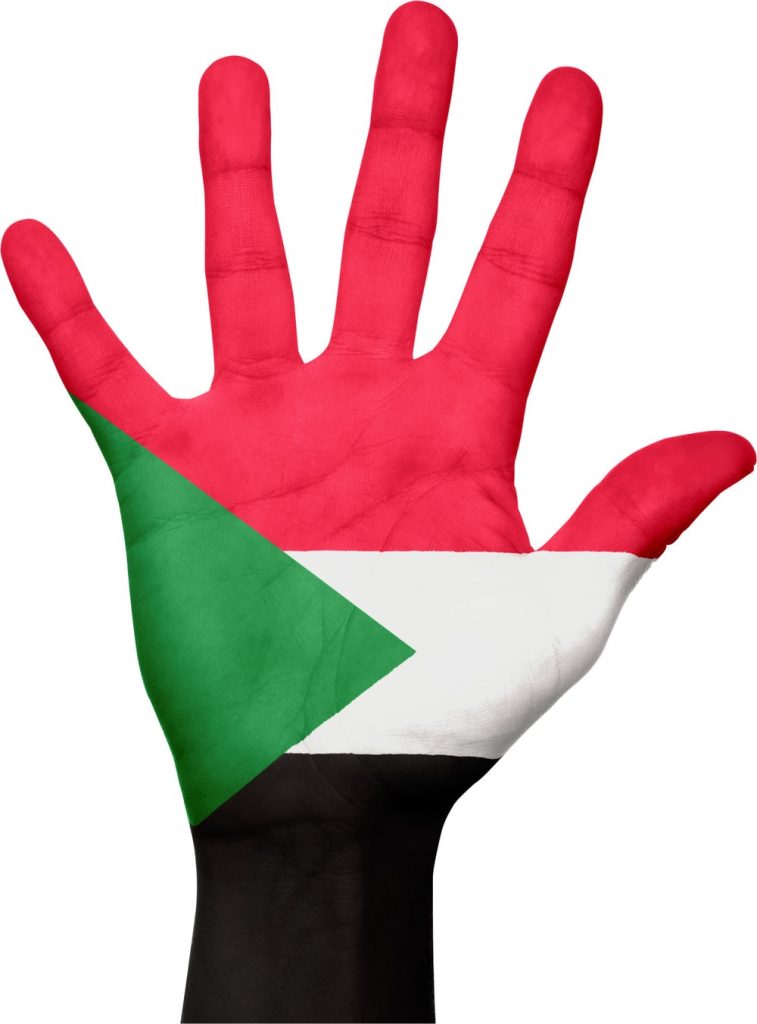
In 1969, Malaysia held its first parliamentary elections in which opposition parties including the Democratic Action Party (DAP) – a multi-racial party – recorded notable gains at the expense of the ruling Alliance Party, a political coalition which comprised of United Malays National Organisation (UMNO), Malaysian Chinese Association (MCA) and Malaysian Indian Congress (MIC).
The elections were held on 10 May 1969, and on 11 and 12 May, DAP organised parades celebrating their victory, and despite UMNO still being the ruling party, it felt challenged and held a parade of their own, which was led by the Selangor chief minister at that time, on 13 May. Supporters of UMNO began to gather at the residence of the minister. According to the National Operation Council’s official report, fights broke out during the parades between a group of Malays travelling to the rally and Chinese bystanders who taunted them, causing widespread riots which continued for two days. Reports put the death toll at 600. Military forces had to be deployed and a state of emergency was declared.
Leaders of the country realised that the racial balance and stability of Malaysia was fragile and this issue needed to be addressed in order to avoid further clashes.
Throughout the years, Sudanese experienced horrific racial, ethnic, tribal and religious clashes. Most of the conflicts are around the issue of Arabism, an agenda pushed by the government during the 30-year reign of former Sudanese President Omar Al Bashir.
Al Bashir and his regime systematically persecuted minorities all over Sudan, fuelling conflicts in eastern, western and southern Sudan, causing a war that lead to the separation of South Sudan. The impact is so deep it became part of everyday life. In governmental positions, minorities are not represented. In the job market, employers tend to favour and hire certain ethnicities over others. In society, people favour certain ethnicities over others when it comes to establishing friendships, marriages and other relationships. This led to a fragile country, faced with armed conflicts and as a result, a divided society.
Sudan is a diverse country with a population of more than 40 million, consisting of a at least 19 major ethnic groups and 500 ethnic subgroups, speaking more than 100 languages and dialects. Each group has its unique culture, lifestyle and sometimes language.
In addition, colonisation played a significant part in fuelling conflicts through various methods such as segregation, divide and conquer, discouraging interactions between races, and limiting the representation of minority groups in government.
Case study: Malaysia


Malaysia took many steps to resolve the issue of racial instability. Some of which are:
- The establishment of the National Unity Department and the National Goodwill Council to assist the government to move and guide the people towards national unity, and draft an ideology for the country which was later known as Rukun Negara (National Principles).
- The establishment of the National Consultative Council to foster cooperation between races and assist with social integration.
- Motivating citizens to migrate from one place to another to encourage socialisation and integration between races.
- Adopting a national education policy that celebrated the diversity of the country, strengthened ties between races and focused on integration.
- Economic integration through development policies that ensured the elimination of the segregation in the economy.
- The creation of Rukun Negara (National Principles): A national ideology created after the racial riot of 1969. It was formulated to achieve a sense of unity amongst the community, create a society with a liberal approach towards respective cultures, and create a just society where prosperity is enjoyed equally.
The national ideology of Malaysia consisted of five principles, including:
- Supremacy of the constitution: the constitution is the supreme law in the country.
- Sovereignty of the law: every citizen is qual in status in the eyes of the law and it guarantees the basic rights of each individual.
- Courtesy and morality: this encourages people to speak and behave in a courteous manner to ensure relations between races and ethnic groups can be sustained.
- Loyalty to king and country.
- Believe in God.
In a multiracial community, unity is a crucial element of stability. When there is no unity among citizens, racial disputes occur regularly. This could have negative effects on the people and the country as seen in different parts of Sudan.
In order for Sudan to prosper, Sudanese need to learn to live in harmony, respect, tolerate and celebrate diversity, and work together rather than against each other.
Education plays an integral part in the future of Sudan. School curriculums should teach students about the different ethnicities of Sudan, emphasising on religious and racial tolerance.
In addition, the role of the media is crucial to inform and educate the public about the concepts of national identity and ideology, the country’s diverse groups and landmarks, and spread awareness about the important issues various communities face.
يا عنصري يا مغرور كل البلد دارفور
— Shahad Az¡m 🎻 (@shahadazim) January 6, 2019
حتسقط من بري #مدن_السودان_تنتفص #موكب_6يناير pic.twitter.com/E4milrvwF2
Since the revolution began in December 2018, Sudan have seen great progress. Sudanese from all parts of the country came together for one cause, demanding freedom, peace, and justice. Protesters in Khartoum chanted, ‘Al Bashir, you’re racist and arrogant. We are all Darfur,’ referring to the crimes against humanity Al Bashir and his regime committed in the war in Darfur in 2003. Citizens of Atbara came to support protesters in Khartoum in the ‘Millions March’ on 6 April 2019, which led to the month-long mass sit-in at the military headquarters in Khartoum. There are many examples of how the Sudanese people came together during the Sudan revolution but for Sudan to be truly united, there is a need for radical change.
بهرتني صورة عطبرة ❤️ #اعتصام_القيادة_العامة pic.twitter.com/sz346PH4qC
— S*D (@sidanese) April 23, 2019
As we look at the formation of a new Sudan, a lot of work has to be done by the transitional government where the ruling Transitional Military Council (TMC) and the Forces of Freedom and Change (FFC) will share power for a period of at least three years and three months until democratic elections take place in 2022.
A national ideology could unify Sudanese around a common vision to build a progressive, inclusive and just society. In addition to adopting a national ideology that acknowledges the ethnic, racial and religious diversity of Sudan, a total cultural change should be implemented. The focus should be on what unites the Sudanese people, rather than what separates them. As the late South Sudanese politician and revolutionary leader Dr John Garang, said:
‘Let us first and foremost accept ourselves as Sudanese, this is what can unite us, Arabism cannot unite us, Africanism that is opposed to Arabism cannot unite us, Islam cannot unite us, Christianity cannot unite us. Sudan-ism can unite us, let us also drop this crazy idea that we must all be Arabs, even God will not accept this, [God] in his infinite wisdom. It is the same God that made the 500 ethnic groups in Sudan.’
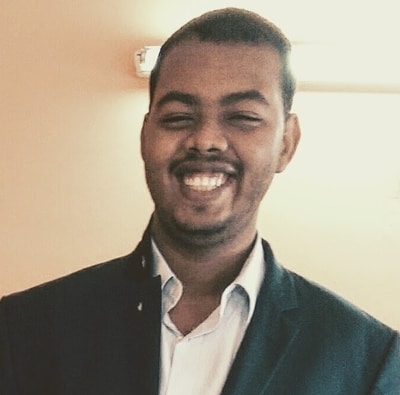
Mohammed Jalad is a 24-year-old engineer, tech enthusiast and introvert currently living in Malaysia. Exploring writing for the first time, Mohammed will delve into topics of technology and education as well as self-help and motivation.

